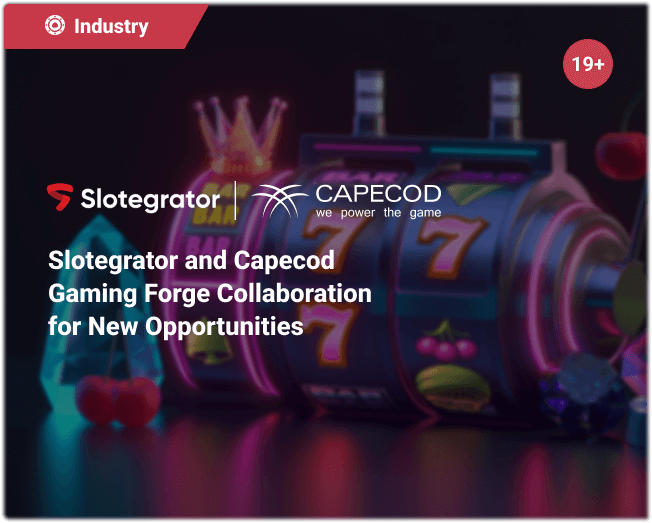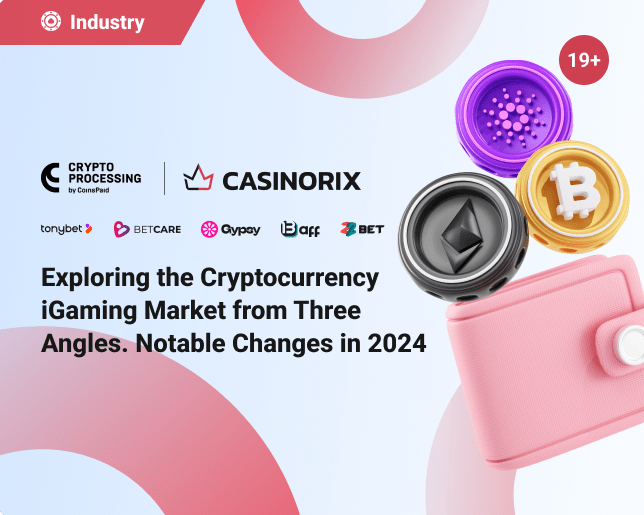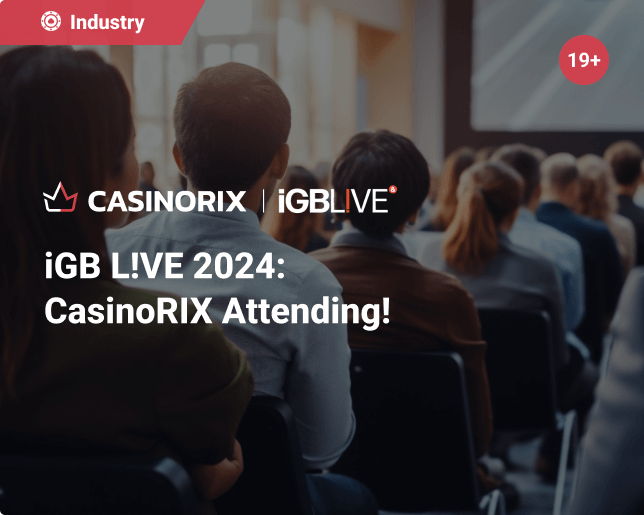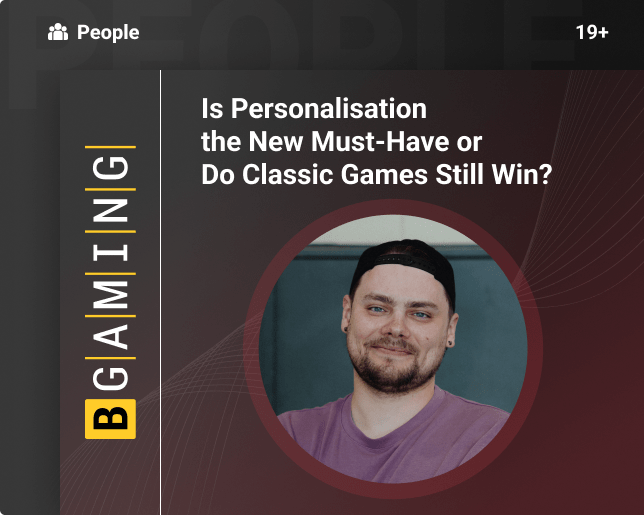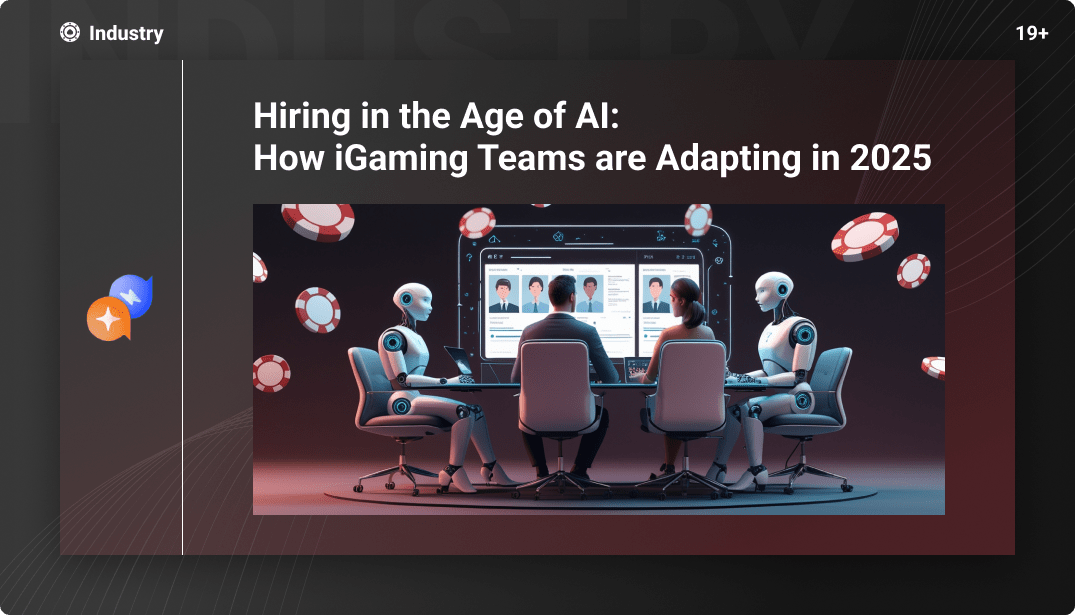
Hiring in the Age of AI: How iGaming Teams Are Adapting in 2025
iGaming has always been known for speed, launching games, integrating payment solutions, and entering new markets. Here, speed and adaptability are the main currency. It’s no surprise that this industry was one of the first to see AI not as a threat, but as a partner.
To better understand how these changes affect recruitment, CasinoRIX asked Marina Zapolska from Talentgrator for the insights. Talentgrator is a recruitment agency that helps IT-entertainment and iGaming companies find specialists worldwide. Their experience in matching talent with fast-moving businesses gives them a clear view of how AI is reshaping hiring.
We’ve asked them to share their perspective on this transformation.
Talentgrator on AI as a Must-Have Skillset
As recruiters, we saw the shift almost immediately: the first requests for specialists with AI-related skills came just a month after the public release of ChatGPT.
Today in iGaming this has become the norm:
- A graphic designer without Midjourney experience looks like an “outdated” candidate.
- Game studios now have a new role — AI Artist — which is already comparable in popularity to traditional 2D/3D designers.
- Demand is growing for specialists in fast coding, QA automation, and even SEO optimization through neural networks and companies are ready to pay above market rates for these skills.
- Vacancies for ML engineers appear more often: they train models for content generation, develop recommendation systems, and build anti-fraud algorithms. For example, casino operators are already hiring ML teams to predict player churn and create personalized retention strategies.
- Companies are implementing analytical AI tools that help track the market and product performance. Today, you can see which games are at the top, how long they stay there, and what effect it brings. Once a game drops from the top, you can analyze the decline in metrics. Blaska offers visibility monitoring and ranking features, while services like RankRadar track game positions, analyze competitors, and build reports. These tools are already part of daily operations at several large industry players.
Talentgrator’s View: AI in Recruitment Today
At Talentgrator, we use AI in our daily work:
- GPT and DeepL help analyze and translate resumes, write job descriptions, create test tasks, and prepare interview questions.
- Automated screening: bots sort applications, do initial pre-screening, and even conduct simple interviews (for support, junior buyer, or back-office admin roles).
- Personalized communication: AI assists in writing outreach messages, interview notes, and client reports.
But there are limits. Try holding an interview for Head of Affiliates, BizDev Manager, or Product Owner with a bot — it won’t work. These roles require strategy, context, market understanding, and trust — which are still built by people.
Challenges Talentgrator Sees in AI Recruitment
AI has brought not only speed but also new risks:
- Homogeneity — AI favors “similar” profiles, reducing candidate diversity.
- Template output — resumes, LinkedIn posts, and even portfolios increasingly look the same.
- Mishaps — sometimes applications include ChatGPT prompts accidentally pasted instead of answers.
- Blind filtering — fully relying on AI in ATS may cause strong candidates with simple but sincere answers to be overlooked.
- The era of fakes — candidates exaggerate their experience more often. Previously, a resume reflected how someone structures and presents information, and grammar could be a marker — now it’s no longer reliable. Recruiters are beginning to use AI for fact-checking, looking for inconsistencies between CVs and public profiles.
- Remote work and anonymity — in remote settings without personal interaction, employers aren’t always sure who actually does the job: the specialist or their ML agent. This raises trust and quality control to a new level.
Final Thoughts
The future of the job market is not “AI instead of humans,” but humans who know how to work with AI.
In iGaming, this is especially evident: the winning teams are those that combine speed, expertise, and creativity. AI removes routine, provides access to limitless knowledge, and accelerates processes, but data interpretation, strategy building, and trust-building remain the domain of people.
If earlier the key resume question was “What’s your level of English?”, today it’s increasingly another one: “Which AI tools do you use in your work?”
Other news:
Slotegrator and Capecod Gaming Forge Collaboration for New Opportunities
Slotegrator has announced its strategic partnership with Capecod Gaming, one of the top game providers from Italy. This move is another step in the company’s continuous way to develop the APIgrator partner network. ...
Exploring the Cryptocurrency iGaming Market from Three Angles. Notable Changes in 2024
This article takes a deep dive into the evolving role of cryptocurrency in high-risk industries, analyzing this year’s shifts from three perspectives: the payment challenges faced by businesses, the shifting proport...
iGB L!VE 2024: CasinoRIX Attending!
iGB L!VE returns from July 16th to 19th, 2024 at the RAI Amsterdam, marking an eagerly awaited event.
Is Personalisation the New Must-Have or Do Classic Games Still Win?
Is personalisation the future of iGaming, or do classic slots still win at scale? BGaming’s Alex Baliukonis shares how Merge Up™ 2 and Wild Wick were shaped by player and streaming insights, and what early data re...

